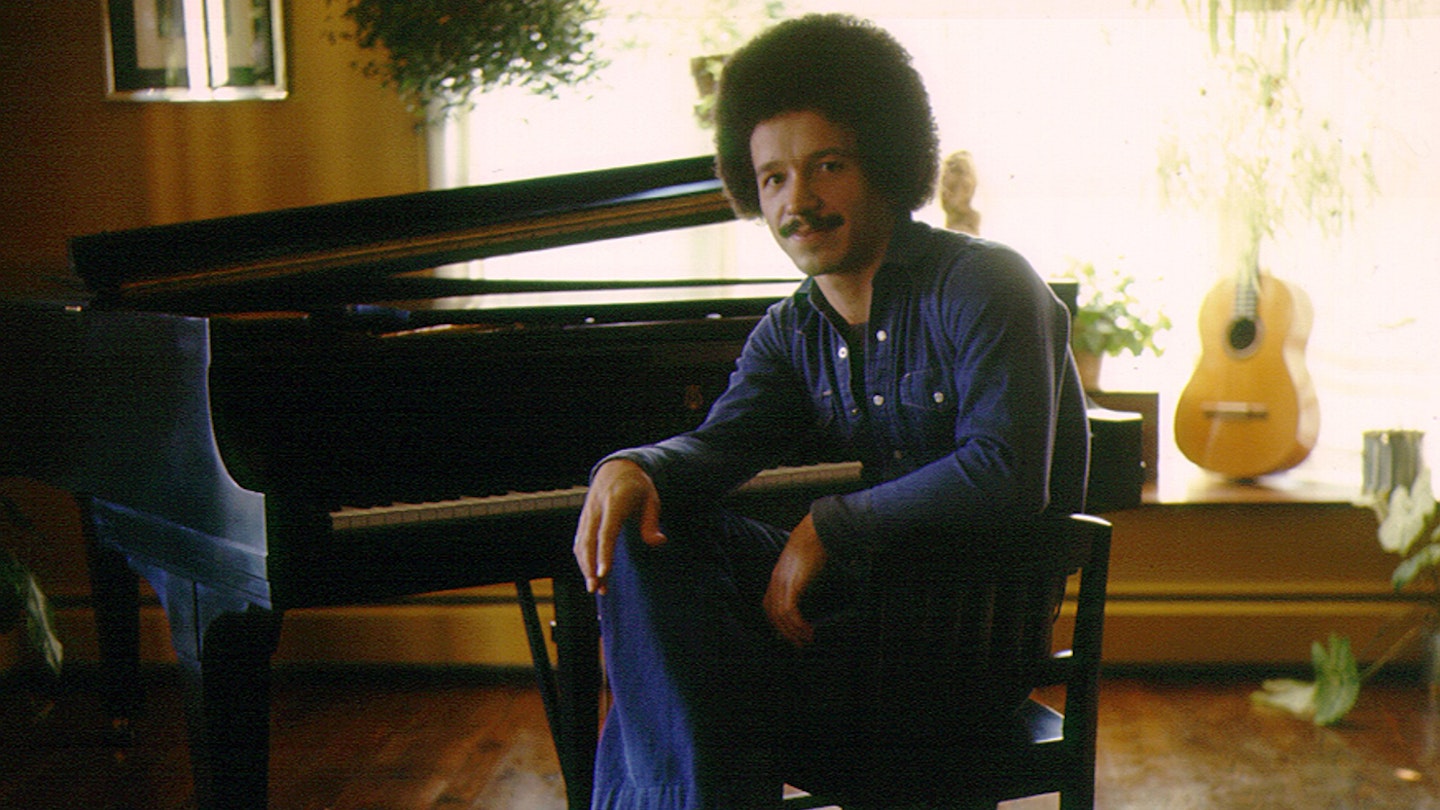24 January, 1975
The Cologne Opera House was an imposing, modernist space, and usually played host to multi-voiced, formal epics by Wagner, Verdi, Puccini and other made men of libretto and coloratura. On this chilly winter night, however, the casually attired jazz heads of Westphalia witnessed a legendary solo improvisation by piano titan Keith Jarrett. Yet it was probably a miracle it happened at all.
Born in Pennsylvania in 1945, Jarrett had been a classical piano prodigy with perfect pitch. Then, as a teen, jazz took him too. Graduating from Berklee to the Village Vanguard, he’d gone on to play with Art Blakey, Charles Lloyd and Miles Davis. A marquee name from 1967, he led groups on albums for Atlantic, Columbia and, from 1973, Impulse!, and from 1971 recorded solo piano works for Munich indie ECM. It was as a lone keyboardist that Jarrett, accompanied by ECM founder Manfred Eicher, was in Europe in January 1975.
17-year-old promoter Vera Brandes, the precocious force behind the New Jazz In Cologne concert series, contacted ECM live agent Thomas Stöwsand and booked the Opera House from 11pm this winter Friday. When word that Jarrett was playing got out, the four Deutsche Mark tickets sold fast.
Yet the event was fraught with obstacles. Jarrett had played the Salle des Spectacles in Epalinges, Switzerland the day before his Cologne engagement, and had made the sleepless 400-mile journey overnight by car. He was also suffering from back pain. Upon arrival, another cosmic joke was played on him. When he’d accepted the gig, he specified an Imperial Bösendorfer, a near-ten-foot, eight-octave grand piano. The Opera House assured Brandes they had one to hand. When Jarrett and Eicher arrived at the dimly illuminated hall earlier that day, recalled the promoter, they each played a few notes on the instrument that had been provided. “After a long silence, Manfred came to me,” she told the BBC in 2011, “and said, if you don’t get another piano, Keith can’t play tonight.”
“The piano tuner saved our lives.”
Vera Brandes
Due to a mix-up, Jarrett had been presented with a Bösendorfer baby grand used for rehearsals – one that wasn’t in tune, with pedals that stuck and some keys that didn’t work. Another Imperial was sourced, when a nameless piano tuner forbade the potentially catastrophic plan to wheel the replacement instrument across town in rainy conditions. Instead, he set to work making the baby grand playable. “The piano tuner saved our lives,” said Brandes, who asked Jarrett to commit to the gig as he sat in a car heading back to his hotel. He agreed. Then, the Italian restaurant they went to before the show messed up his order, and he didn’t even get to eat.
I Don't Care What The Fuck The Piano Sounds Like...
The decision having been taken to record the concert, ECM engineer Martin Weiland was present with a mobile studio and two Neumann U 67 microphones. Jarrett recalled in 2011 how this plan hardened his resolve. He told jazz scribe Don Heckman that he gave Eicher a raised fist salute on his way onstage, adding, “I was forced to play in what was — at the time — a new way. Somehow I felt I had to bring out whatever qualities this instrument had… my sense was, ‘I have to do this. I’m doing it. I don’t care what the fuck the piano sounds like.’”
Tired, hungry, wearing a back brace, and alone with a suboptimal instrument and a 1,300-strong crowd, he abandoned preconceived ideas, trusted himself and dug as deep as any musician has. Made up of four parts over an hour, this pianistic journey into a transcendent beyond builds on shifting melodies and repeated patterns, punctuated by groans and vocalisations as he stood and sat as the mood took him. Locating the place where jazz, folk, blues and contemporary classical merge into a limitless kind of ecstatic connection, it was released as The Koln Concert that November. It has sold, ECM estimate, three and a half million copies to date.
The next day Jarrett was gone, off to play in Baden. Over the following decades, and more than one hundred albums with his trio, quartets and alone, he never stopped exploring his art. Yet in October he confirmed that two strokes in 2018 have left him unable to play. Speaking to the New York Times, he revealed he could not even do so in his dreams.
In his 1991 preface to The Köln Concert’s transcription, Jarrett explained his longstanding reluctance to set the music down, writing, “this was a totally improvised concert on a certain night and should go as quickly as it comes.” If only it were that simple. 46 years on, The Köln Concert is still here, still making every moment new.
